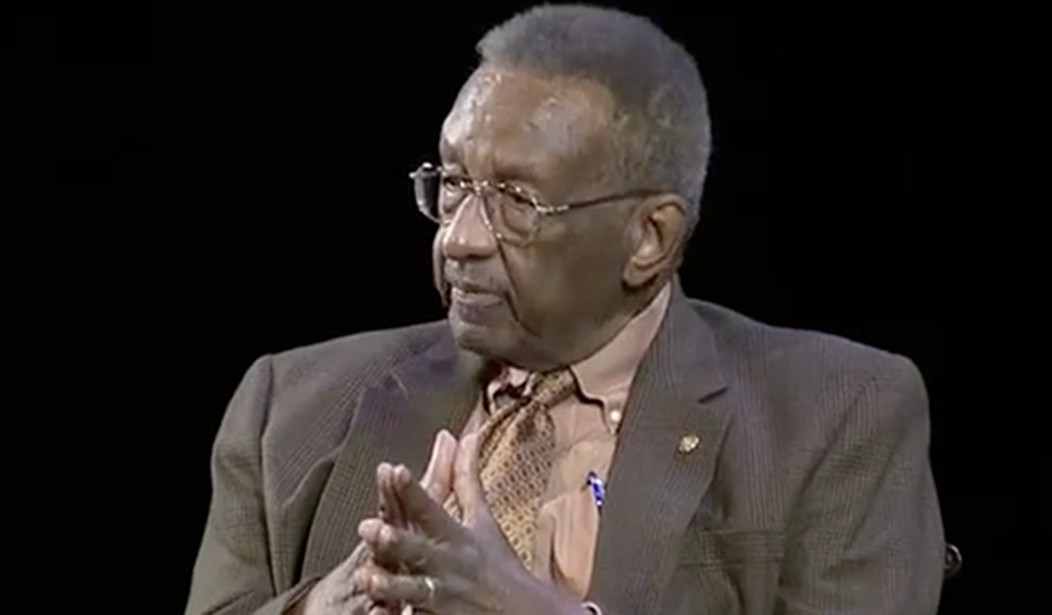Wisdom is not the same as information, or knowledge. These days, there is more information available to everyone than ever before, thanks to the internet, but also, perhaps at least in part because of the internet, there is less wisdom.
The late Walter Williams was full of wisdom, which is one reason his economic and social philosophies were so widely ignored by elite economists and the major media who traffic only in information. Much of it arguably debatable, even untrue.
Williams, who died last week at age 84, was an economist, a political conservative and an African American. He likely would have preferred to be spoken of in that order.
He taught economic theory at George Mason University in Virginia for 40 years. His teachings were based on historical experience and wisdom. Williams also occasionally appeared on radio and TV, which gave him a certain cache beyond the classroom.
Williams' wisdom is also on display in his writings. In his book "All it Takes is Guts: A Minority View," he wrote: "But let me offer you my definition of social justice: I keep what I earn and you keep what you earn. Do you disagree? Well then tell me how much of what I earn belongs to you - and why?" At first this can sound selfish, even cruel, but his point was to encourage work, not welfare, and achievement, not failure.
How's this for a distinction: "Democracy and liberty are not the same. Democracy is little more than mob rule, while liberty refers to the sovereignty of the individual."
Recommended
That one has special relevance given this year's rioters and looters who upended several cities and exposed their political leaders as weak and indecisive. Politicians are increasingly stealing the sovereignty of the individual in the era of COVID-19. Their top-down edicts increasingly threaten our liberties.
Williams was also unapologetic about his devotion to capitalism. He wrote: "Prior to capitalism, the way people amassed great wealth was by looting, plundering and enslaving their fellow man. Capitalism made it possible to become wealthy by serving your fellow man."
In what might be considered a warning to the likely incoming Biden administration, whose nominated members and Biden, himself, seem intent on raising taxes on people who earn the money and spending it on projects with questionable outcomes, Williams wrote: "No matter how worthy the cause, it is robbery, theft, and injustice to confiscate the property of one person and give it to another to whom it does not belong."
Williams hammered home his point in this statement: "The recognition of the fact that Congress has no resources of its own forces us to acknowledge that the only way Congress can give one American one dollar is to first, through intimidation, threats, and coercion, confiscate that dollar from some other American. If a private citizen did the same thing that Congress does, we would call it an immoral act -- namely theft. Acts such as theft that are immoral when done privately do not become moral when done collectively. The moral tragedy that has befallen Americans is our belief that it is OK for government to forcibly use one American to serve the purposes of another."
It was professor and science fiction writer Isaac Asimov who said about wisdom: "The saddest aspect of life right now is that science gathers knowledge faster than society gathers wisdom."
Walter Williams might have agreed. May he rest in peace, secure in the knowledge that his wisdom will remain for all who pursue a depth greater than knowledge.
























Join the conversation as a VIP Member